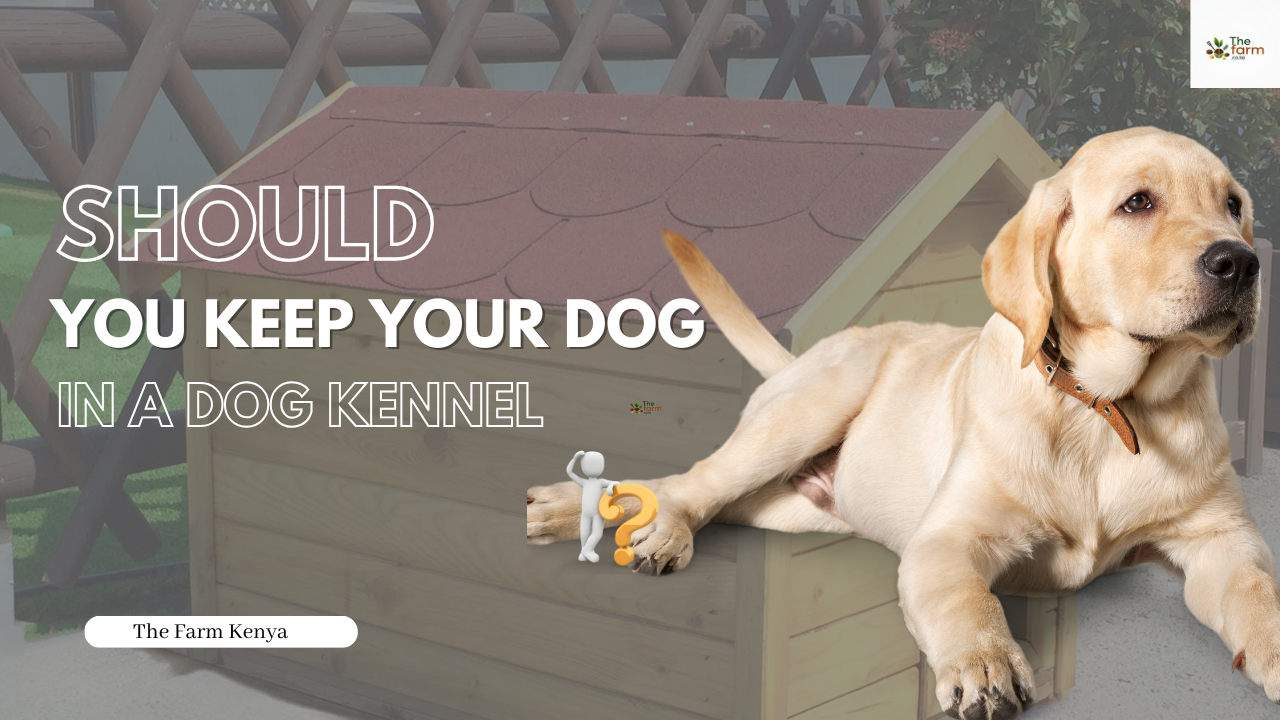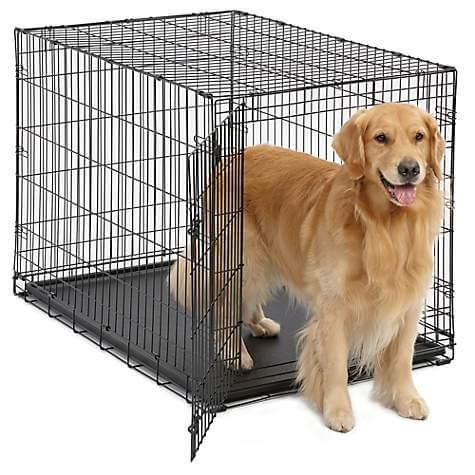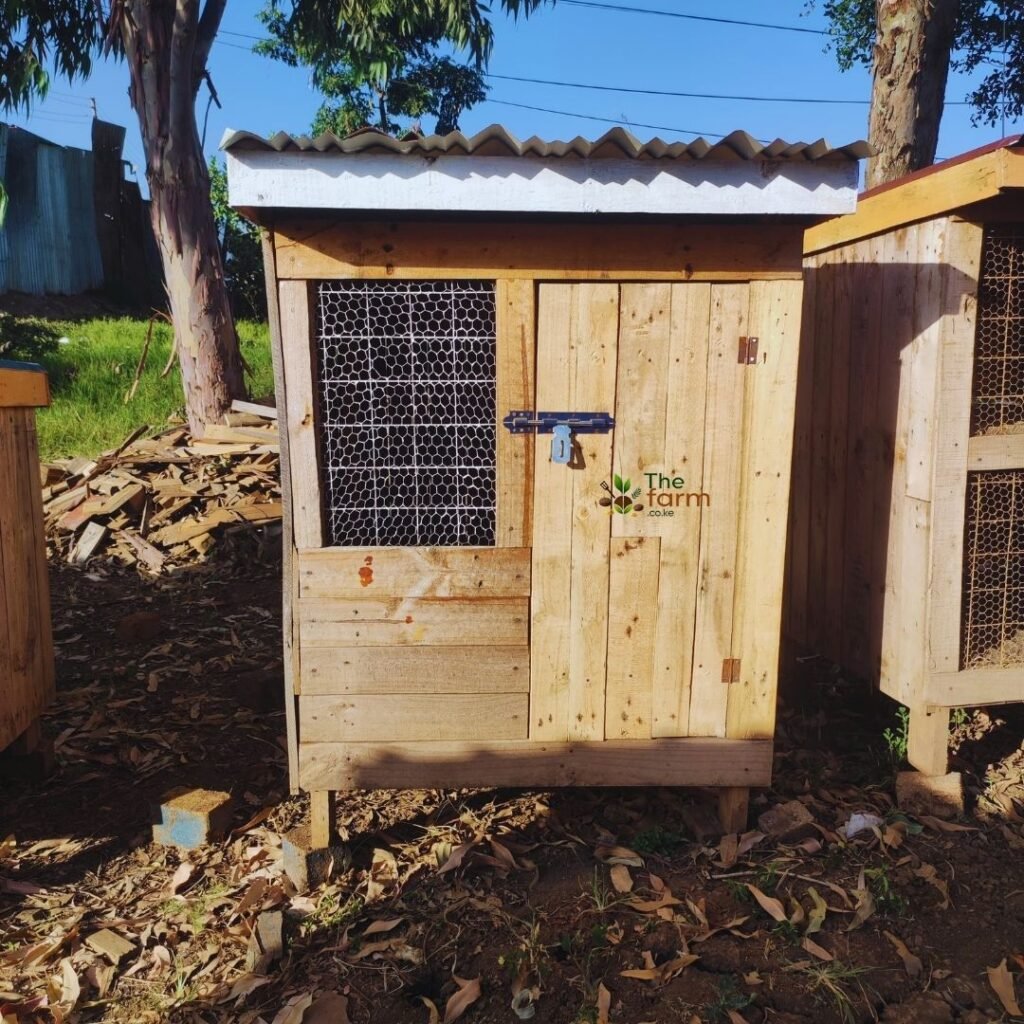Should You Keep Your Dog in a Kennel? Kenyan Pet Guide

Let’s be real — as a loving pet owner in Kenya, you want the best for your furry friend. The question of where your dog sleeps, rests, and spends time safely is probably something you’ve pondered. Pets, especially dogs, are not just animals—they’re family. Taking care of your pet goes beyond food and belly rubs. It involves space, comfort, security, and yes, even discipline. So I won’t judge you if you were Googling Should You Keep Your Dog in a Kennel? We’ve all been there.
If you’re worried about getting a dog kennel, you’re in the right place. In this blog, you’ll learn what a dog kennel is, the different types and sizes of dog kennels available in Kenya, and whether keeping your dog in one is a good idea. By the end, you’ll have a solid answer to Should You Keep Your Dog in a Kennel and know how to make the best choice for your pup.
Before we jump into whether you should keep your dog in a kennel, let’s first understand what a dog kennel is and explore the various dog kennel sizes in Kenya.
What is a Dog Kennel?
A dog kennel is a secure, enclosed space designed for dogs to stay in, either temporarily or long-term. It can be a wire crate inside your house or a fully constructed dog kennel house in your backyard. In Kenya, dog kennels are commonly used to train dogs, manage their behavior, or simply give them their own space. Think of it like a bedroom for your pup.
Kennels come in various shapes, materials, and sizes. Some are mobile crates for short-term use, while others are permanent, weather-resistant structures. Choosing the right one for your dog depends on your living situation, dog’s breed, and your budget.
Dog Kennel Sizes in Kenya
In Kenya, the most common kennel sizes are small, medium, and large — each suited to different types of dogs:
| Size | Description | Best For |
|---|---|---|
| Small | Around 24″ – 30″ | Chihuahuas, Pomeranians, small terriers |
| Dog Kennel Medium Size | Around 30″ – 36″ | Beagles, Cocker Spaniels, Border Collies |
| Large | 36″ – 48″+ | German Shepherds, Rottweilers, Labradors |
Each size allows enough space for your dog to stand, turn around, and lie down comfortably. Some larger sizes can even house two small dogs if they’re well-socialized. If you’re planning to buy or build a dog kennel house, these dimensions become critical for comfort and safety. Also, consider factors like air ventilation, raised flooring (to avoid moisture), and shade if the kennel is outdoors.
Should You Keep Your Dog in a Kennel?
Alright, let’s tackle the big question — Should You Keep Your Dog in a Kennel? The short answer: yes, but only if it’s done right.
Kennels aren’t about locking up your dog and walking away. They’re tools to help your dog feel secure, provide structure, and maintain hygiene in your home. For many dogs in Kenya, especially in urban areas where space is tight, a kennel provides a safe retreat from daily chaos. It’s especially useful for training, avoiding destructive behavior, or simply giving your pet downtime.
But it’s not for every situation. Some dogs may develop anxiety if confined too long or if the dog kennel is poorly designed. It’s crucial to introduce the kennel positively — treat it like a happy space, not a punishment zone.
Also, dog age matters. Puppies benefit hugely from kennels during potty training, while older dogs may resist change. So, Should You Keep Your Dog in a Kennel? Yes, if you commit to making it a positive experience. The keyword here is consistency. Dogs love routine, and a kennel can be part of a healthy daily rhythm.
Outdoor vs Indoor Dog Kennels
Now you might be wondering: Should You Keep Your Dog in a Kennel that is indoors or outdoors?
Indoor Kennels

These are usually wire crates or portable plastic units. They’re ideal if:
- Your dog sleeps inside.
- You’re house-training a puppy.
- You live in an apartment or small compound.
They work great for short stays or nighttime use. The bonus? You can keep an eye on your dog and bond more frequently.
Outdoor Kennels

If you’re in a rural or suburban setup, an outdoor dog kennel house could be the way to go. Outdoor kennels offer:
- More space for movement.
- Weather-resistant protection.
- The ability to keep large breeds safely enclosed during the day.
But outdoor kennels require dog kennel designs that prioritize ventilation, insulation, and protection from sun/rain. It’s not just a cage — it’s your dog’s home. Make it cozy!
Whichever you pick, Should You Keep Your Dog in a Kennel boils down to how you use it, not just where you place it.
Conclusion
So, Should You Keep Your Dog in a Kennel? Absolutely — but only when it’s done with thought, care, and the right setup. A dog kennel can be a lifesaver for pet owners in Kenya, offering safety, structure, and peace of mind. Whether it’s an indoor crate or an outdoor dog kennel house, it should meet your dog’s specific needs.
Mistakes to avoid? Don’t use the kennel as punishment. Don’t leave your dog inside for too long. And please, don’t get the wrong size — a dog kennel medium size might be perfect for your mutt, but your German Shepherd will hate it. And lastly, whether your pooch is chilling in Mombasa or romping in Kisumu, your job is to make that kennel a place they actually want to be.
FAQs
What’s the ideal time a dog should stay in a kennel each day?
Generally, 4–6 hours is fine. Puppies need shorter durations, while adult dogs can tolerate a bit more. Always balance kennel time with play, walks, and interaction.
Can I build my own dog kennel in Kenya?
Yes! Many pet owners go DIY. Just follow proper dog kennel designs that suit Kenya’s climate — ventilation and shade are a must.
Is a dog kennel safe for puppies?
Definitely. Kennels help with house-training and create a structured routine. Just make sure the size is appropriate and the interior is comfy.
Can two dogs share one kennel?
Only if they’re well-socialized and the kennel is large enough. A dog kennel medium size might not cut it for two dogs unless they’re toy breeds.
Are dog kennels legal and humane in Kenya?
Yes, they’re legal and widely used. Just ensure humane use: no excessive confinement, clean conditions, and regular interaction.

